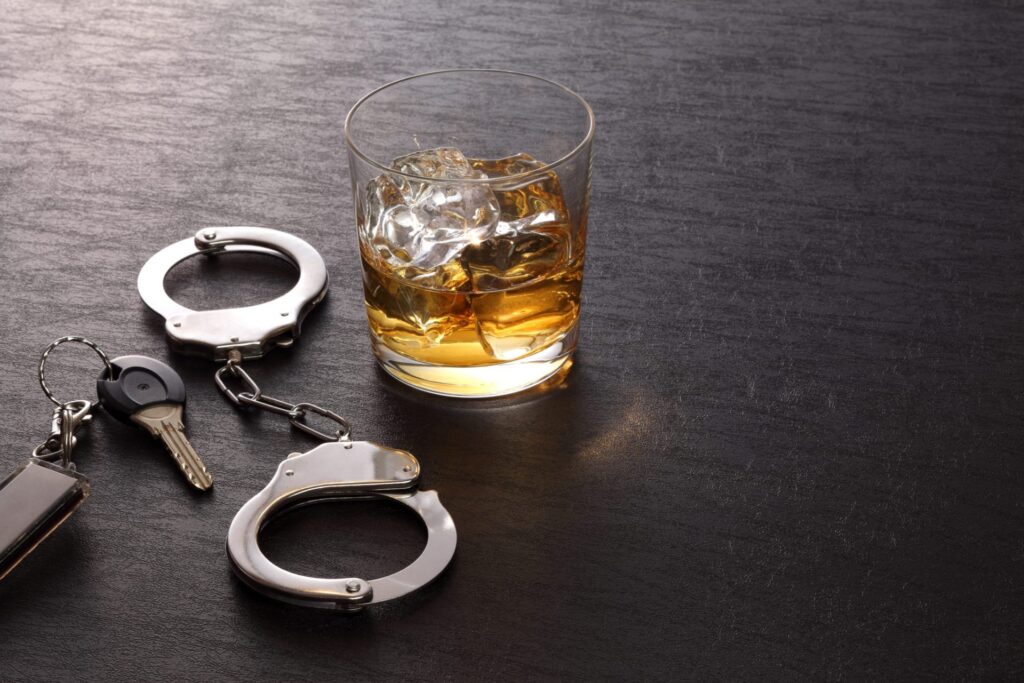In our recent blog posts, we’ve delved into some of the details of the Fifth Amendment’s self-incrimination clause. While the implications of the self-incrimination clause are wide-reaching, they only apply to evidence that is “testimonial.” Self-incriminating evidence that is “real” or “physical” can be used against you.
Our last blog post showed one way that this can impact a criminal investigation for a property crime, like burglary. In wrapping up our long discussion about the self-incrimination clause, here’s how compulsory self-incrimination can come into play for a charge of operating under the influence (OUI).
Blood or Breath Testing in OUI Cases
If a police officer thinks you’re driving under the influence of alcohol or drugs, they’ll pull you over and push you into taking a breath test. Regardless of whether you do or not, you could be arrested and brought to the police station for an additional blood test. The results of the breath or blood tests can then be used as evidence that you were under the influence.
But isn’t using this evidence against you an example of self-incrimination?
Testimonial Evidence, Self-Incrimination, and an OUI in Maine
According to the Supreme Court in Schmerber v. California, a crucial case from back in 1966, blood or breath tests do not run against the self-incrimination clause of the Fifth Amendment. The Court in Schmerber paved the ground for the “non-testimonial evidence” distinction that has emasculated the self-incrimination clause.
Noting that the Fifth Amendment did not stop police from using other physical evidence – like lineups, voice identifications, and handwriting samples – the Supreme Court decided that the self-incrimination clause would not apply to blood or breath samples, either. Instead, the Court determined that the self-incrimination clause was about preventing police from getting evidence from a defendant “by the cruel, simple expedient of compelling it from his own mouth.”
The Court in Schmerber, of course, looks past the fact that its ruling allows police to do just that. By demanding OUI suspects to either provide a breath sample or face legal repercussions like an automatic license suspension, police can compel you to provide evidence against yourself, “from your own mouth.”
Even worse is how Schmerber allows police to compel a blood sample. It allows police to commit actual physical violence, and then use the evidence obtained from it against the victim. For the 10% of people who have a phobia for needles, this can amount to a form of torture, which is exactly what the self-incrimination clause was meant to avoid.
Contact The Maine Criminal Defense Group Today
The self-incrimination clause is supposed to be one of the many constitutional rights that protect you from overreaching by law enforcement. However, the “testimonial evidence” requirement pokes massive holes in these rights.
That’s why it’s so important to have a solid OUI-defense attorney at your side if you’re facing a drunk driving charge. The penalties for an OUI conviction are serious. Call our Maine OUI defense attorneys at The Maine Criminal Defense Group at (207) 571-8146 or contact us directly online for help defending your rights and freedom.
Call 207-571-8146 or contact us online to schedule a consult with one of our highly skilled OUI/DUI & criminal defense attorneys, serving Maine, today.
OUI Blog Articles

An OUI case may be the only time that many people in Maine face the criminal justice process. It can be daunting, stressful, and deeply concerning for anyone who doesn’t[...]
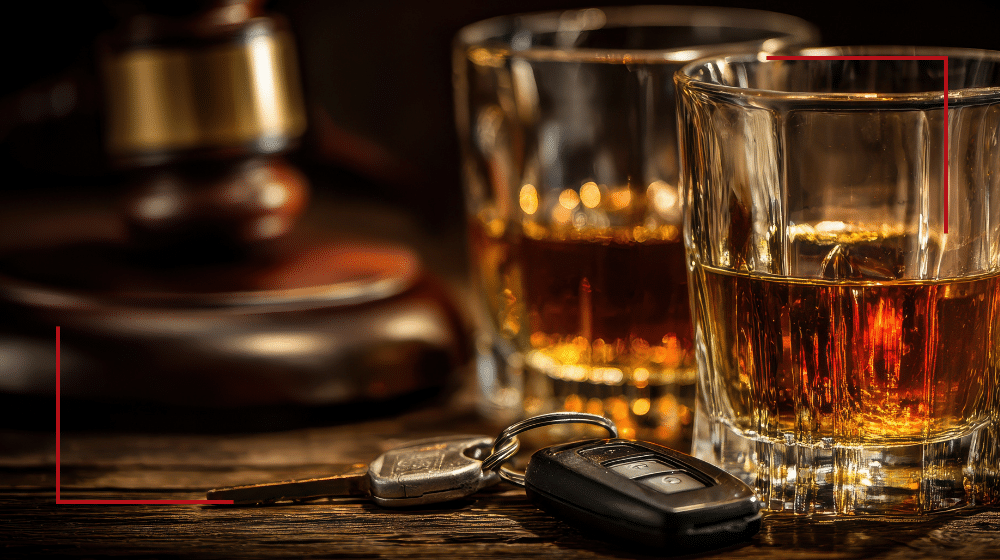
OUI, DUI, or DWI cases are often based on the results from approved screening devices, commonly referred to as “breathalyzers”. The question of whether these breath tests are accurate has[...]
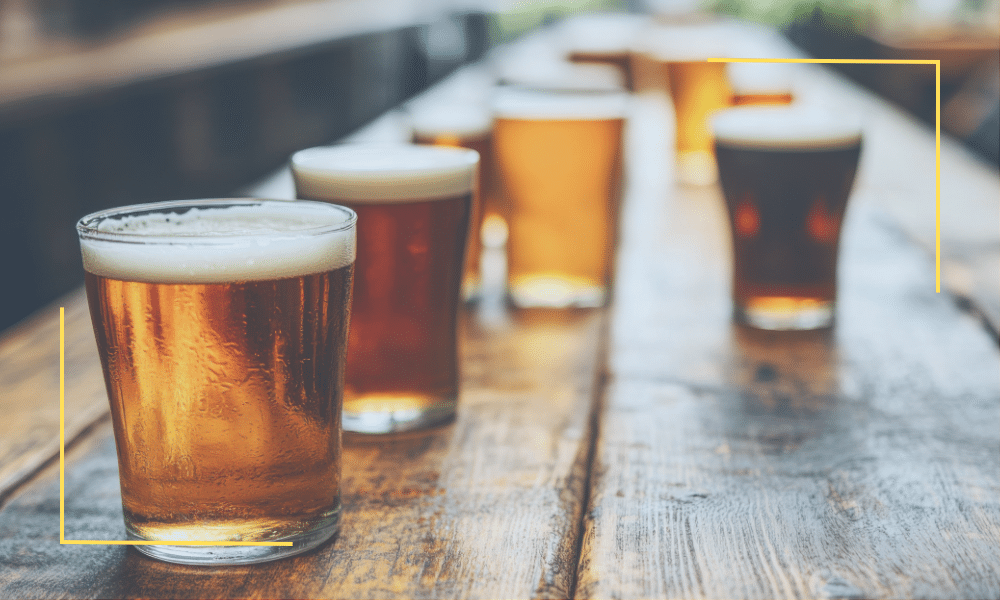
The Maine Liquor Liability Act (MLLA) provides for the recovery of damages against anyone who negligently or recklessly “serves” alcohol to a minor. However, that might be just the start[...]
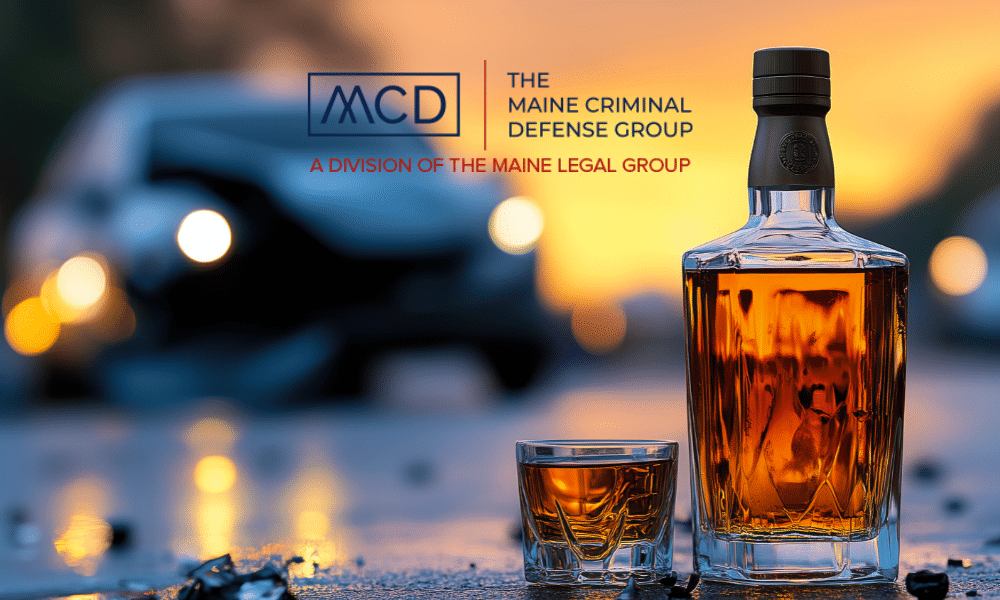
A conviction for an OUI/DUI/DWI in Maine is accompanied by serious consequences, including heavy financial repercussions. Understanding the court-imposed fines is one thing, but the financial consequences can extend well[...]

OUI cases in Maine usually start when a law enforcement officer pulls over a vehicle. From that point, many things can happen but if the officer even has a slight[...]

January 11th, 2025, in Skowhegan, Maine, a Maine Department of Transportation plow truck sustained a head-on collision caused by a drunk driver on Route 2, as reported by law enforcement.[...]
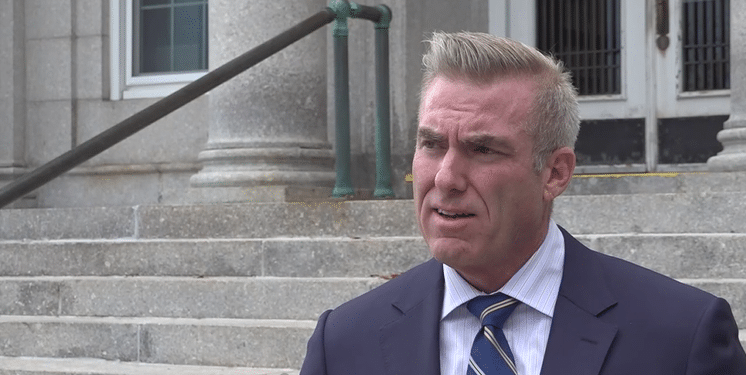
The tragic events of a fatal car crash in 2023 that claimed the lives of four young people have finally reached a pivotal legal outcome. Noelle Tavares, a former Maine[...]

In most states, there are many different places that the average person can take a driving course to satisfy court requirements as related to an DUI conviction. However, in the[...]
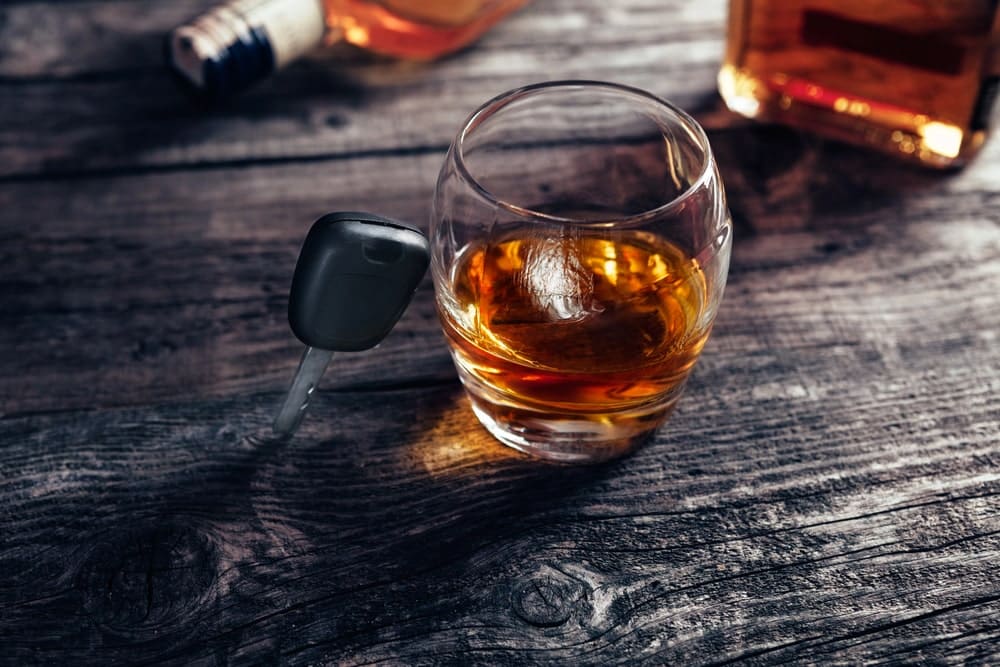
Defending against OUI offenses in Southern Maine Anyone charged with a 2nd OUI in Maine should expect little leniency from the criminal justice system. This makes it even more important[...]
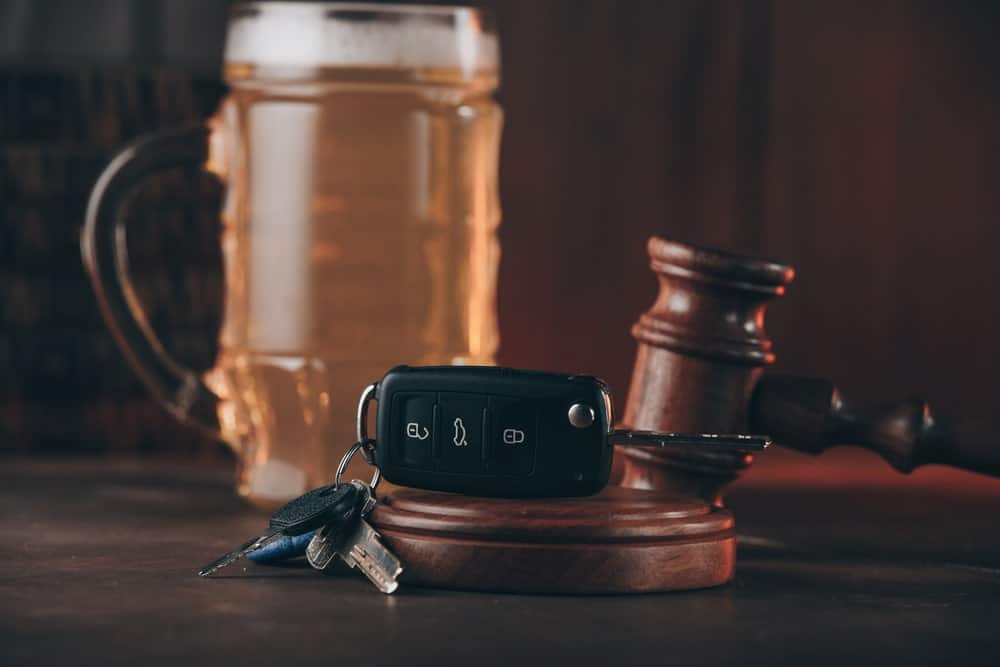
A skilled defense against OUI Refusals Charges in Maine Did you know that it is a criminal offense to refuse to submit to a chemical test if lawfully requested to[...]
